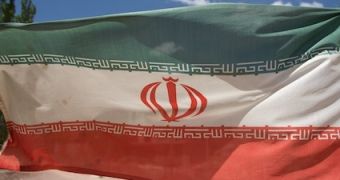As the internet becomes more common place and is affecting more and more people in countless new ways, governments around the world are starting to adjust and aim to control it.
Iran already has one of the most advanced internet censorship systems in the world, but this is no longer enough, it's now moving to disconnect the outside the world altogether and create an internal, walled off 'internet.'
According to officials, there are plans to start moving to this internal network very soon and to have 60 percent of users inside the new network in the first stage. Within two years, everyone should be only allowed to access local content and websites.
This internal network will be entirely "halal," meaning that everything will be according to Islamic law.
The new network will work alongside the regular Internet at first, especially for companies and agencies which need access to the global network. However, Iran envisions a future where there's no need for the global Internet and where other Muslim countries will join this new 'cleaned up' network.
Of course, outrageous claims from government officials aren't anything new, even in countries that deem themselves as democracies, especially when it comes to technical matters.
Creating a completely isolated network would be a complicated task and Iran would have to replicate many of the tools provided by international websites, from search to email.
Turkey is talking about creating local search engines and email services, so Iran could go the same route.
Many countries around the world already censor internet traffic and content. China is the biggest and best example, but others such as Australia and Italy are working on content filters as well.
And, if copyright groups have their way, many western democracies will start blocking websites and services that companies deem to be infringing. In all these cases, from China to the US, there is a legal basis behind the censorship.

 14 DAY TRIAL //
14 DAY TRIAL //